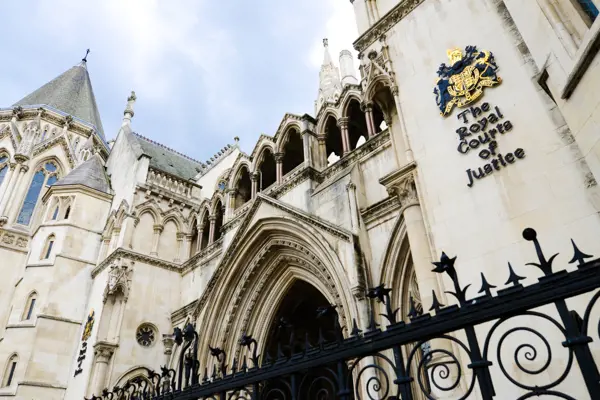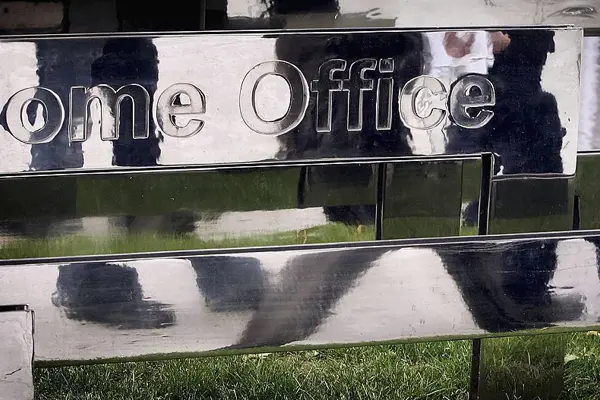
Chelsea Football Club racist abuse cases settlement
Dino Nocivelli explains the legal grounds and significance of football giants Chelsea’s settlement of claims of racist abuse by former coaching staff.
Posted on 01 March 2022
Chelsea Football Club has recently settled civil cases brought by four of its former youth players who were alleging racist abuse and physical assaults by members of the club’s youth coaching staff.
The abuse is alleged to have taken place in the 1990s when the players were aged between 14 and 18, with the settlement figures being undisclosed but understood to be six-figure sums.
The cases were brought in the High Court and settled a few weeks before the trial was due to start in March 2022. It was alleged that Chelsea Football Club should be held vicariously liable for the tort of intentional infliction of harm that had allegedly been committed by members of its youth coaching staff and it was also claimed that the club had breached its duty of care for failing to prevent or stop the culture of racist abuse that was allegedly at the club at that time.
The criteria in respect of the tort of intentional infliction of harm has three key components:
- Conduct – There must be words or conduct directed to the players, for which there was no justification or reasonable excuse. In these cases, the players had to prove that the words or conduct had even taken place.
- Mental – There must be an intention to cause severe mental or emotional distress by the conduct and words used. This is something that was denied by one of the alleged abusers who said that despite using certain racially offensive words, there was “no intention to cause harm” and he would not use these words today.
- Consequence – There must be physical harm or a psychiatric injury suffered, rather than mere distress. In the current cases, it was argued that the players had suffered serious psychiatric injuries and other psychological symptoms from the time of the abuse when they were teenagers and that this impact continued throughout their adult lives.
Another hurdle that the players faced was that their cases were technically out of time as they should have been brought to court by their 21st birthday. This is something that ex-Chelsea Football Club chairman Ken Bates publicly criticised the players for as they had not disclosed any alleged abuse when they were still at the club and the players decided to remain anonymous throughout the proceedings.
It is important to appreciate that the vast majority of abuse victims and survivors do not feel able to disclose at the time and it often takes many years to feel able to do so, if at all, while those who suffer abuse often choose to retain their anonymity.
The players in this case felt they would not be believed if they had disclosed their abuse at the time and that the club would side with its own coaching staff, who held positions of authority within the club. To date, Ken Bates has not apologised or retracted his comments.
I am very happy for the players that these cases have settled and I hope they feel an element of closure and justice for the alleged abuse that they suffered and the pain and suffering that it caused. I also hope that it shows to the wider public that words can be as harmful in certain circumstances as actions, and that racist abuse is and has always been wrong.

Abuse in sports
Contact us today for help and guidance around making a claim for abuse in sports.

Norfolk-based football coach Jonathan Clarke admits multiple child sex offences
Jonathan Clarke, a 31-year-old football coach from Highview Close, Blofield, has admitted seven charges of sexual offences against children so far after his arrest in Norwich on 6 January 2022, it has been reported.


